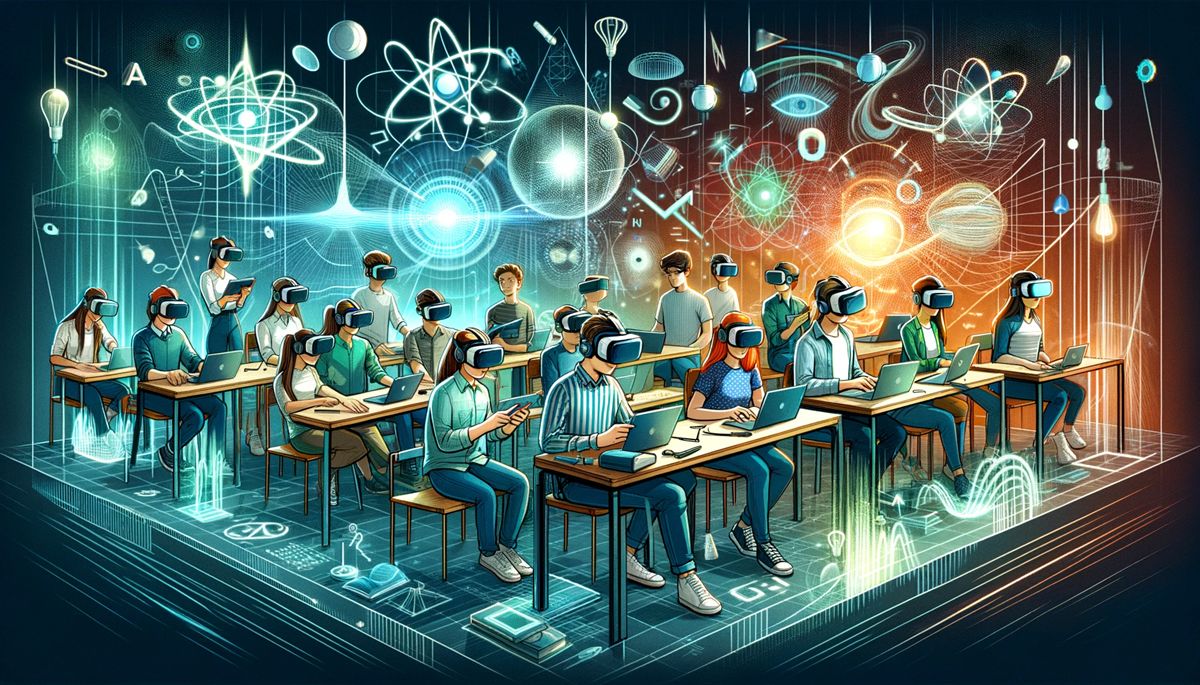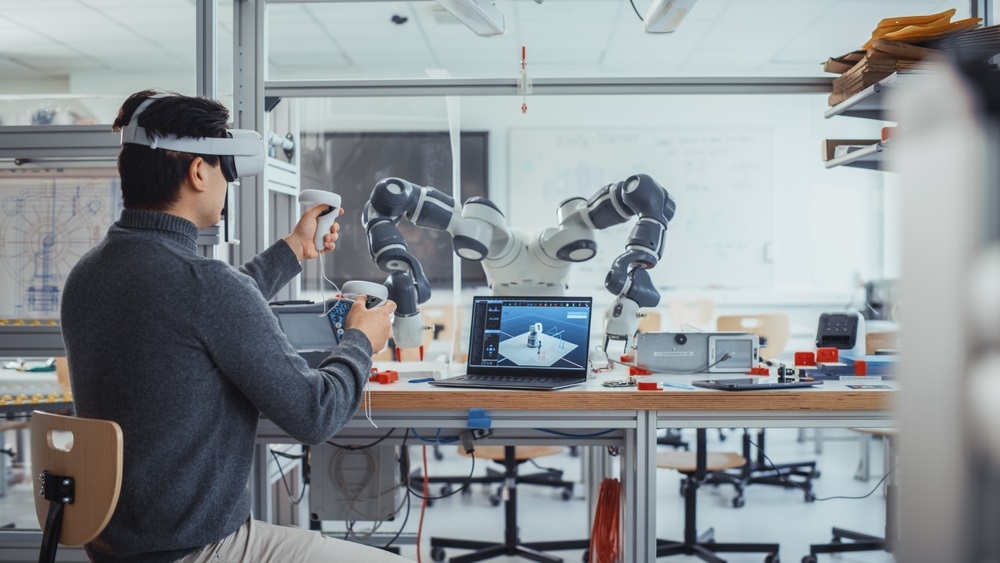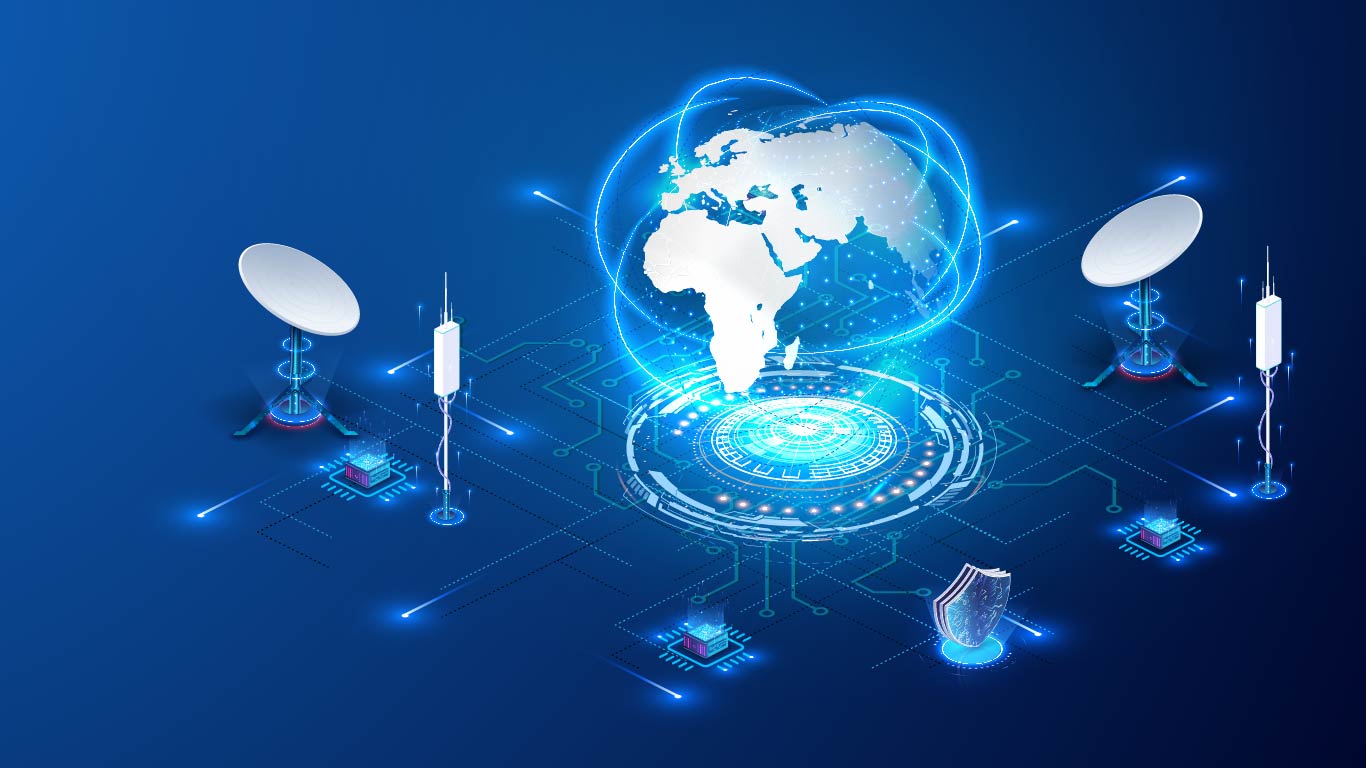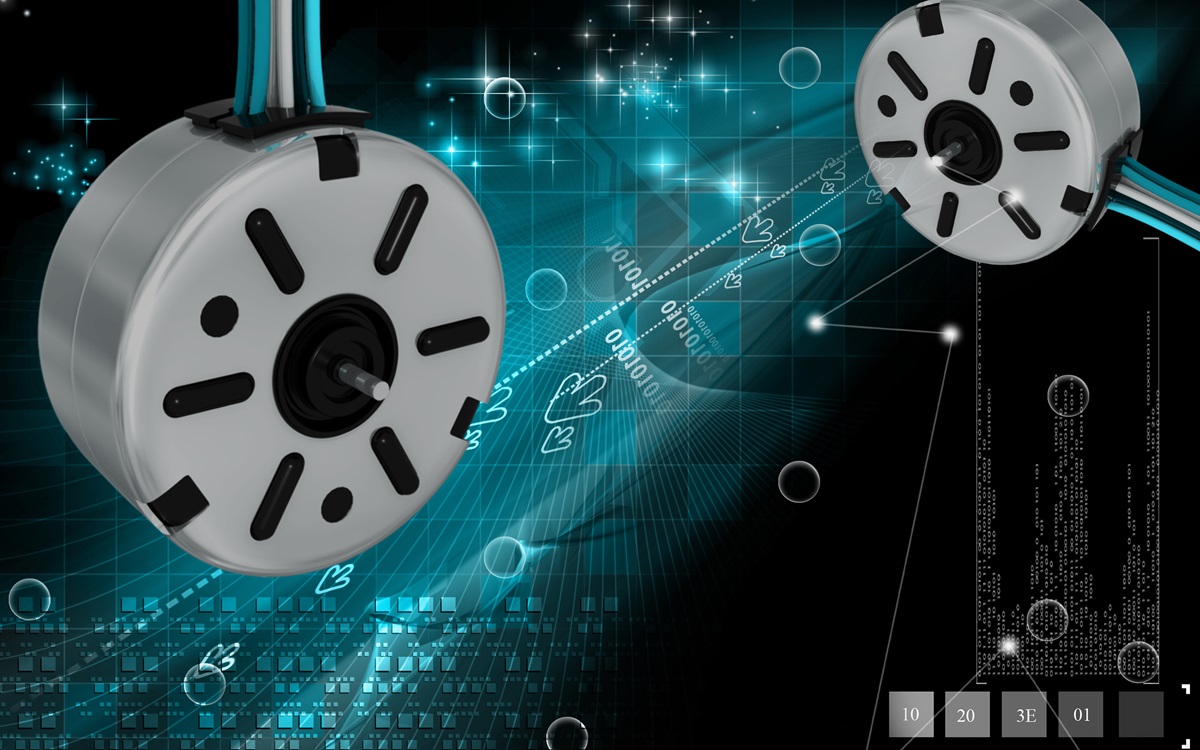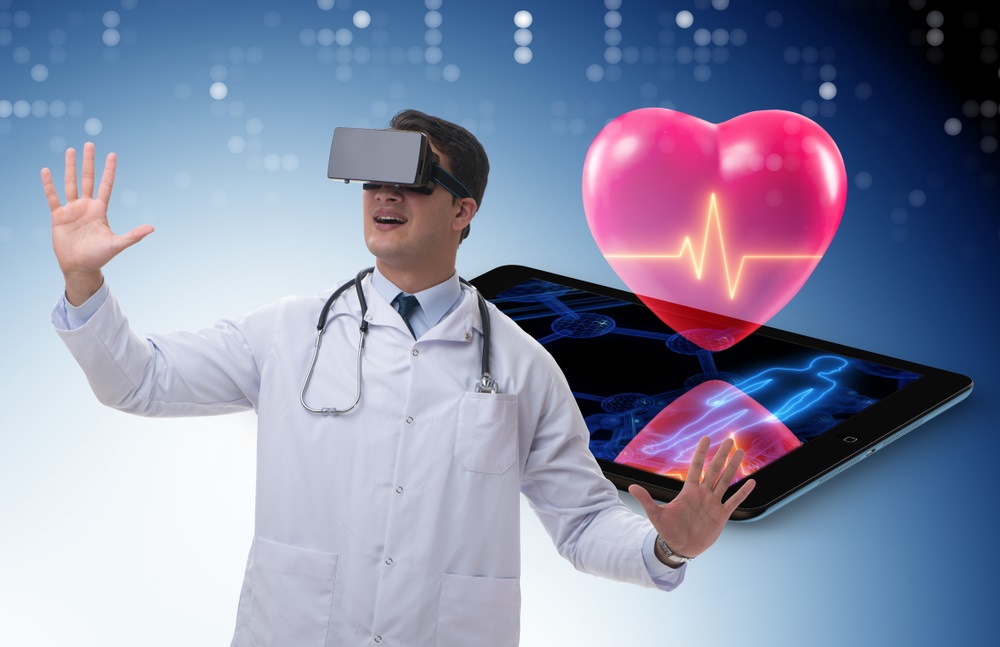How Simulated VR Labs in the Metaverse will Benefit Engineering Education
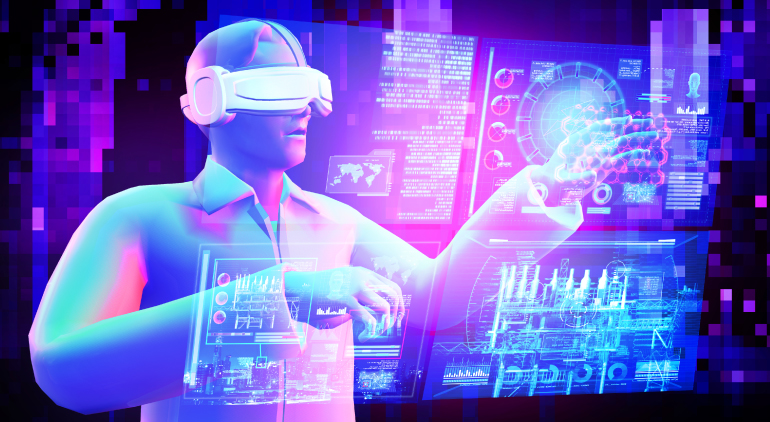
Statistics show that the global VR in education market will grow to $13,098.2 million by 2026. (Fortune Business Insights)
The past few years have seen many sectors adopting digital transformation s at a rapid pace. An emerging and now almost mainstream technology is Virtual Reality. Ever since the VR trend took on, people and businesses are awe struck by its capabilities. From healthcare to manufacturing to architecture and education and training, VR applications are developed and adopted across sectors. As the metaverse technology grows side by side, VR will see rapid proliferation. As the adoption is increasing the costs of adopting are also lowering, making it even more accessible.
If we consider the applications of metaverse in education and VR in education, it offers numerous benefits. It is proving to be a game changers with regard to knowledge sharing and skill practising enabling higher productivity and academic performance.
VR adoption in education and training offers cognitive and pedagogical benefits. It offers an engaging and immersive experience that enables an in depth conceptual understanding of subject matter and enhances the overall educational experience substantially.
The access to internet and remote learning technologies became a trend setter. Students are familiar to distance and e-learning modules. Many students report better learning outcomes as they can access different instruction modes like visual and simulated. It is also extremely beneficial for students with special needs. On the other hand, institutes stand to gain with reduced infrastructure costs by replacing physical labs with VR labs. All these factors have enhanced the scope of virtual reality for engineering.
How do VR Labs Facilitate Engineering Education?
The benefits of Virtual Reality labs in engineering education are proven. The rise in distance learning and remote learning is not confined to school education or common college degrees. Specialised disciplines such as medical and metaverse in engineering education are also benefiting from its flexibility. Virtual Labs enable remote and yet seamless learning irrespective of time and location.
VR Labs reduce infrastructure costs by replacing physical labs with virtual costs and eliminating the need for expensive machinery and equipment and maintenance costs. Not to mention that students need not wait for their turns, which as it is are inadequate. They enable students to enhance their practical understanding and undertake complex research in a safe and controlled environment.
Many engineering institutes are deploying anytime anywhere learning solutions to keep up with student’s needs and cater to market demands. They have implemented web-based engineering programs and offer virtual reality for engineering solutions through VR Simulated Labs. The labs benefit on campus as well as off campus students. Virtual Labs reduces the costs associated with physical labs and enable deeper conceptual understanding through 3D simulations. The engineering industry can benefit immensely with VR solutions.
VR Simulation Labs Offer Hands- On Learning for Engineering Concepts
Learner’s confidence level rises by almost 40% more in VR training compared to classroom training. (*Forbes)
Students who use VR based learning systems train four times faster than those in classrooms. (*Forbes)
Experiments and research are intertwined and an integral part of higher education programs. Researchers have found that people learn and retain information for a longer time with interactive and hands-on learning methods. It speeds up academic learning as well as allows students to enhance skills.
VR Simulated Labs allow experiential and hands on learning. Hands on learning benefits mechanical or civil engineering students, by enabling them to apply their theoretical knowledge practically in VR Simulated Labs. Similarly, software engineering students can use and deploy software and run tests without impacting any outcomes. Chemical engineers can safely use chemicals in a safe zone with zero error or harm to live and property. This removes the fear and allows students to be more creative in their approach.
VR laboratories are safer and more cost effective than traditional labs. No more explosions due to incorrect uses of chemicals or no more heavy equipment or overbridges falling down and causing damage due to incorrect load calculations.
Hands on learning promoted by VR Simulation Labs allow students to experiment freely, develop and master skills and also identify their core strengths and weaknesses. Moreover, it gives them a preview into the work of their identified careers. It takes learning beyond classrooms and textbooks and offers a controlled and immersive zone to carry out repeated tests and experiments.
VR Engineering Benefits
Simulator training is real time, live and hands-on and trains on fundamental and advanced skills in normal and high-risk scenarios. Trainees feel as if they are on site, working on the problem but without the associated risks of physical equipment training. Flexible access, lower costs and increased learning outcomes all make a strong use case for VR labs.
- Technologically advanced
- Reduced Infrastructure and time cost
- 3 D and real-time visualization learning tool
- Simulating real-life industry problems to create a more efficient work force
- VR Labs offer zero risk training for hazardous jobs
- Allows for building prototypes to reduce development costs.
- Causes deeper learning with interactive and immersive training modules
- Anytime, Anywhere Learning
- Inclusive
- Flexible Access
- Facilitates new-age learning
- Scalable
- Boosts Clarity, Curiosity and Creativity
Use Case Examples of VR Labs
Center for Innovation in Teaching & Learning (CITL)- A VR laboratory set up at the CITL Campus is allowing experiential learning and research for students and faculty alike and learn metaverse will promote immersive learning
John F Welch Technology Centre (JFWTC): - VR Labs are enabling engineers to collaborate at global scale for prototypes and 3D models. Team coordination and work output is more productive and efficient.
Conclusion
Immersive technologies like the metaverse and VR / AR are profoundly impacting how we work, socialize and learn. VR-based learning solutions are offering conceptual, interactive, and immersive learning solutions and provide the impetus to metaverse in education solutions.
Engineering K-Lab from iXR Labs offers engineering education focused virtual reality labs. iXR Labs can identify the right mix of technologies and can integrate advanced solutions like metaverse in education to set up a VR Lab for your engineering institute.
